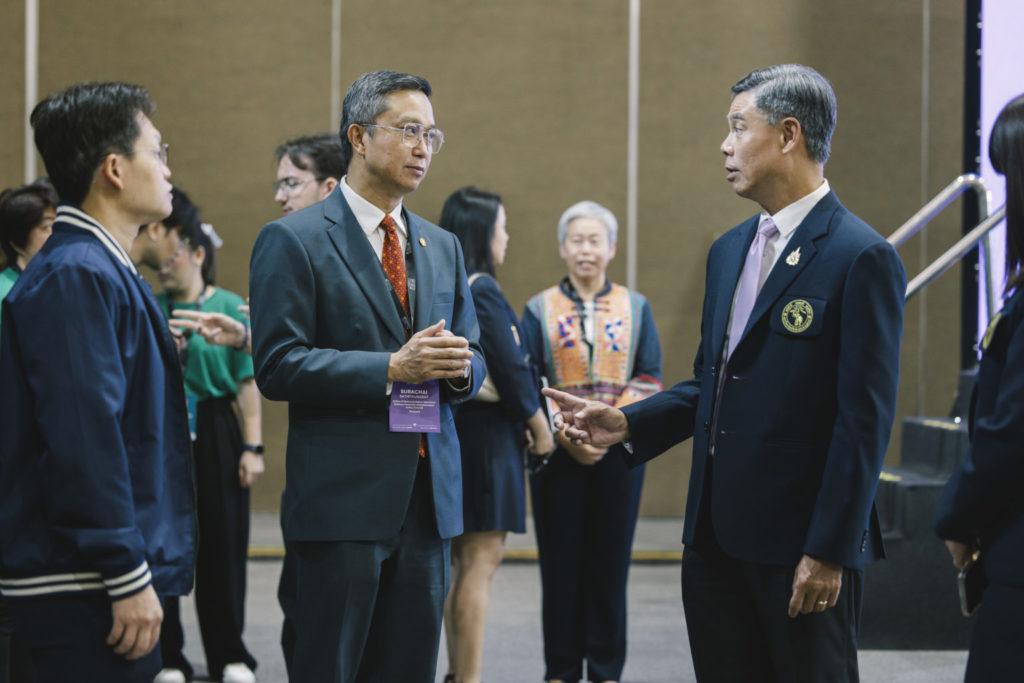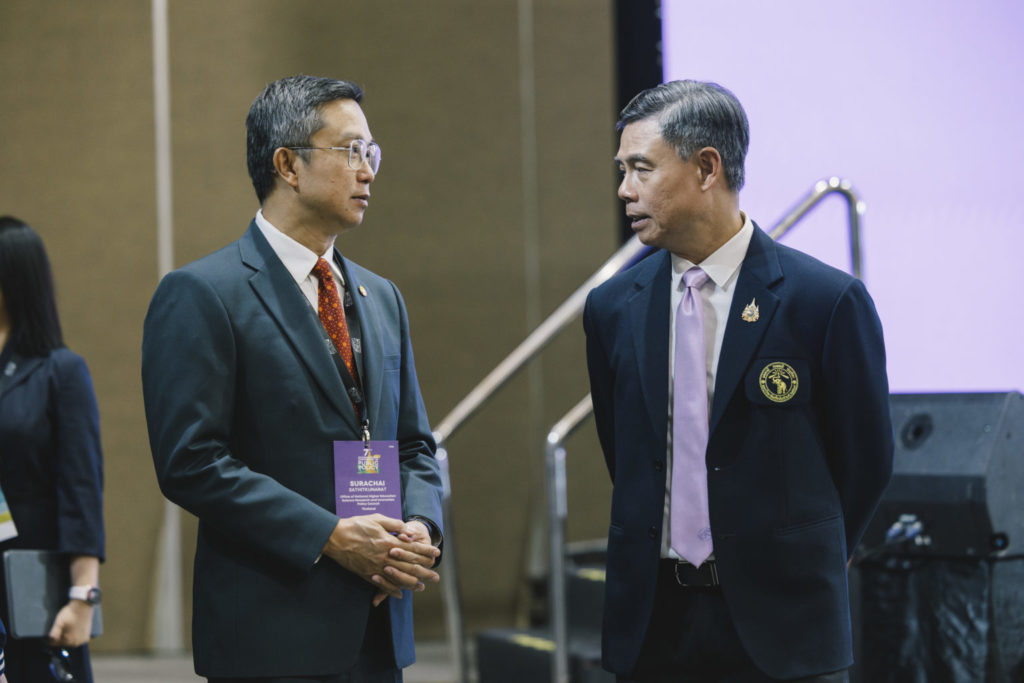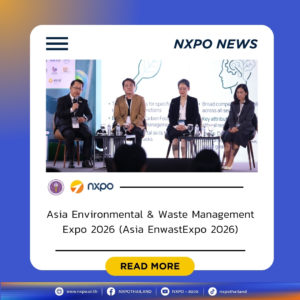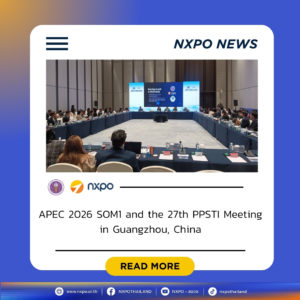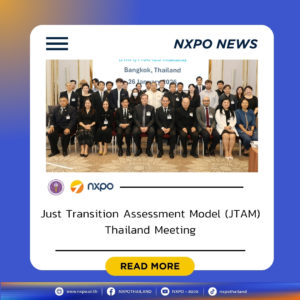The APEC Center for Technology Foresight (APEC CTF), hosted by MHESI-NXPO, participated in the 7th International Conference on Public Policy (ICPP7), held from 2 to 4 July 2025 in Chiang Mai, Thailand.
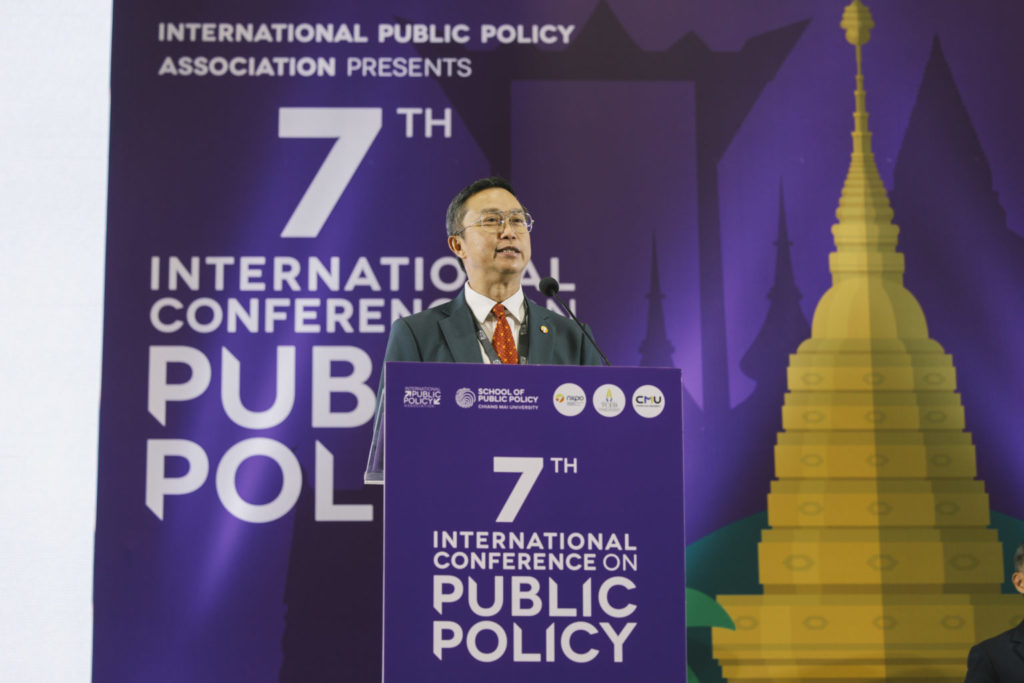
Organized by the International Public Policy Association (IPPA), ICPP7 is one of the world’s leading forums for public policy research and dialogue, convening every two years. This year marked the first time Thailand hosted the event, with Chiang Mai University’s School of Public Policy serving as the local organizer.
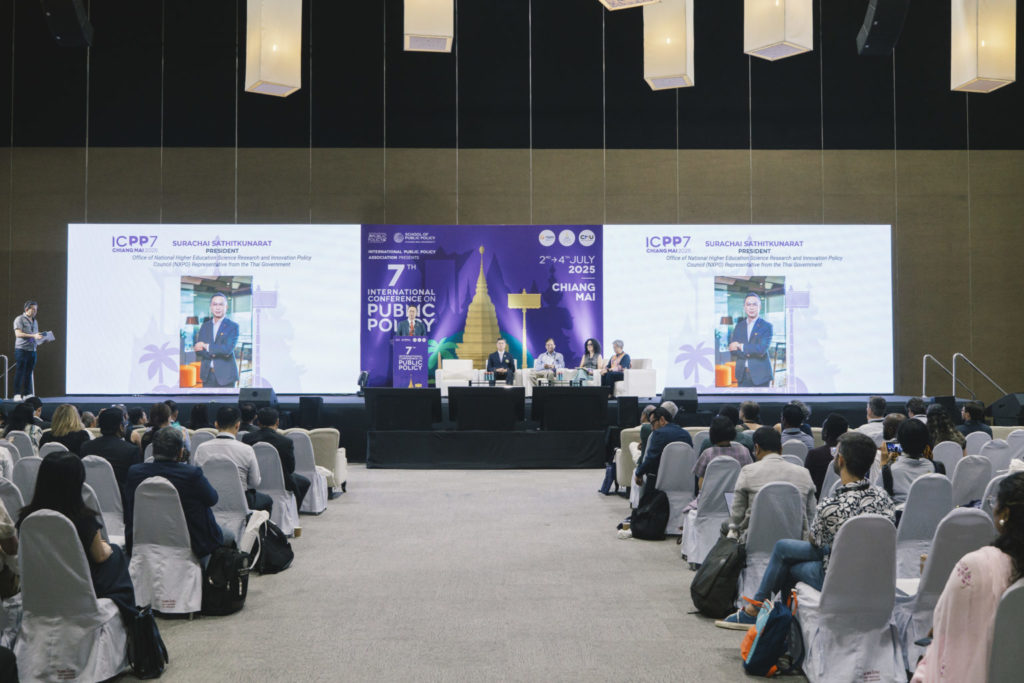
The conference brought together over 1,100 participants from more than 75 countries, with 80% attending onsite. A total of 221 travel grants were awarded to participants, and the program featured 261 panel sessions and 1,044 academic presentations — with 33% of contributions from PhD students.
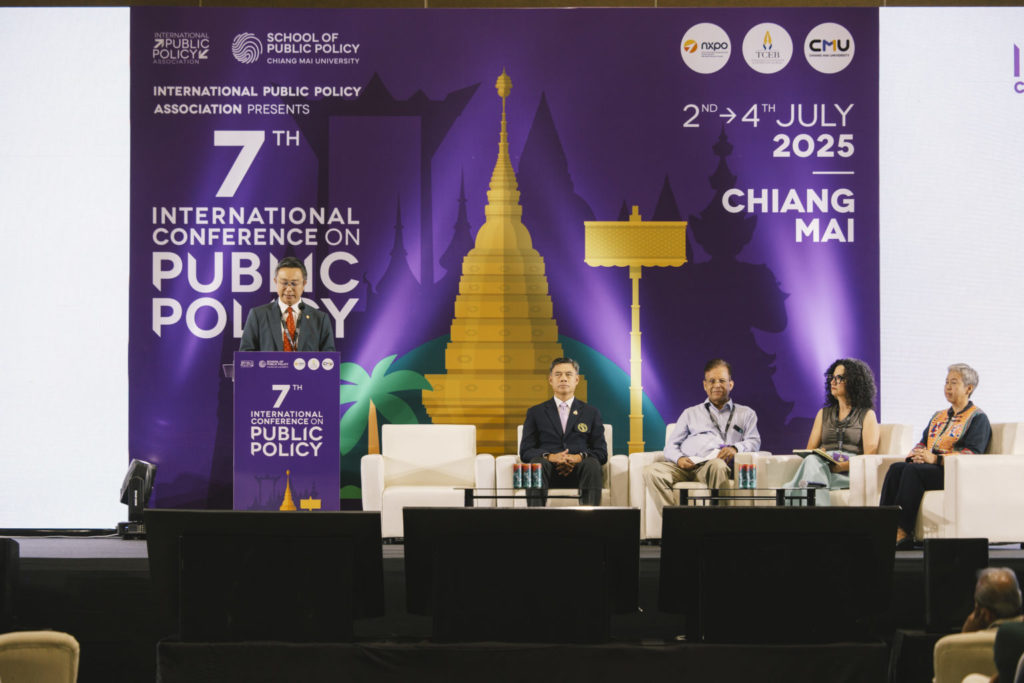
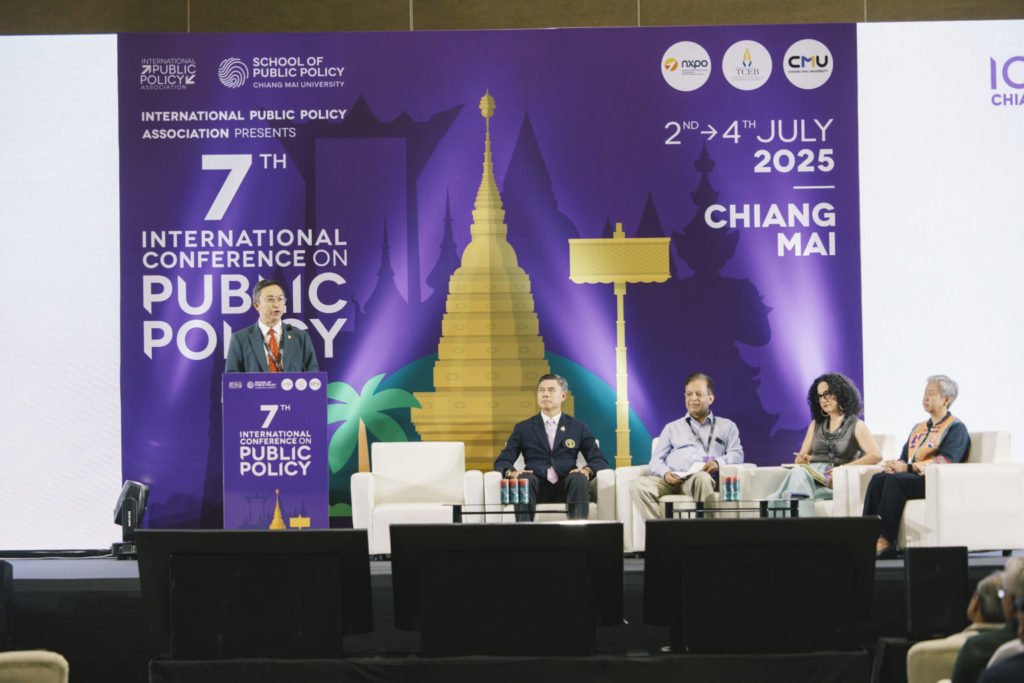
The event officially opened with welcoming remarks by Dr. Surachai Sathitkunarat, President of NXPO and Executive Director of APEC CTF, who highlighted the critical role of proactive policy design in navigating today’s rapidly evolving world.
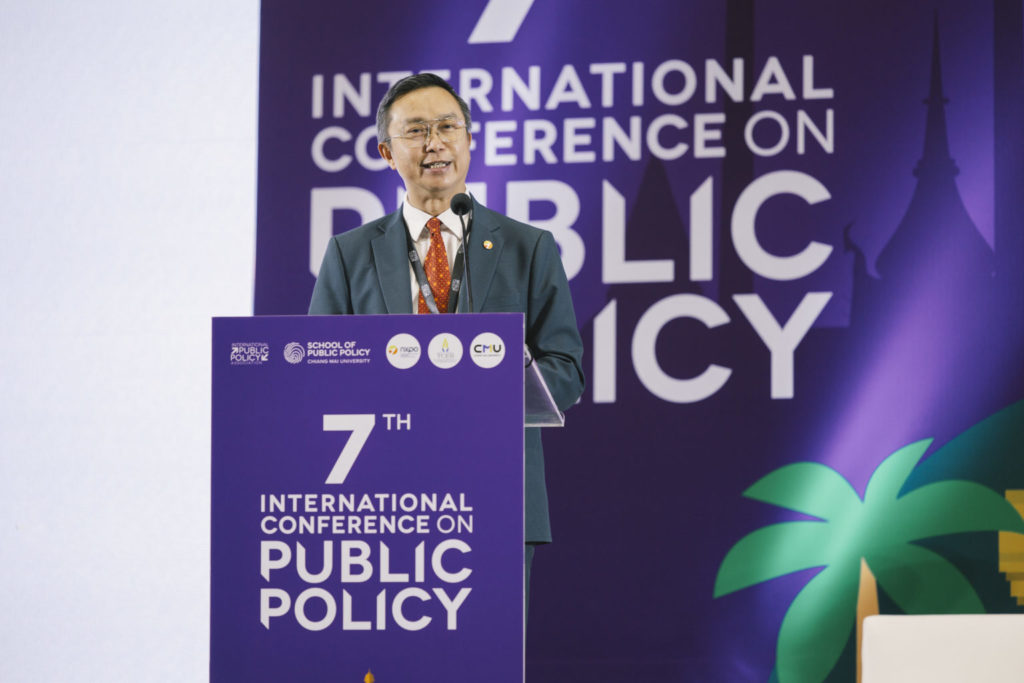
“Public policy in the 21st century must shift from reactive solutions to proactive, forward-looking strategies. Foresight tools are essential for formulating flexible, holistic, and future-ready policies that can guide nations into the future,” Dr. Surachai stated.
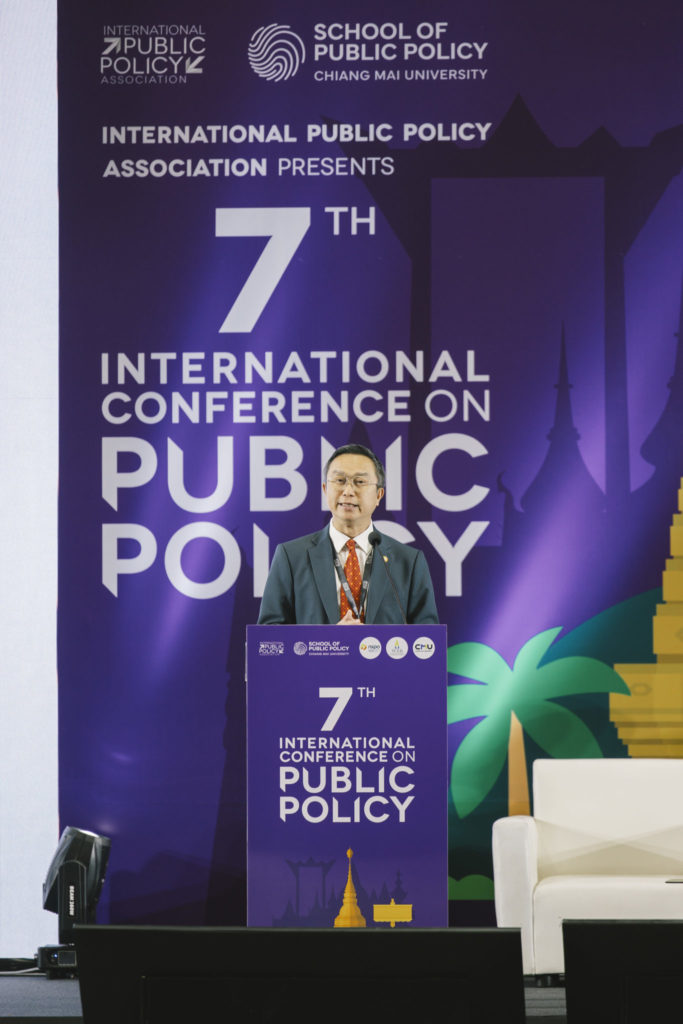
On 2 July, APEC CTF hosted a panel titled “Strategic Foresight and Policy Design: Applying Foresights Towards Disruptive Transformations.” The session was led by Dr. Kommate Jitvanichphaibool, Deputy Director of APEC CTF, together with the center’s team. It featured a selection of outstanding research presentations from international scholars, showcasing the practical application of foresight methodologies across diverse policy areas — including environment, healthcare, digital technology, energy, and systemic transitions, alongside case studies from Thailand.
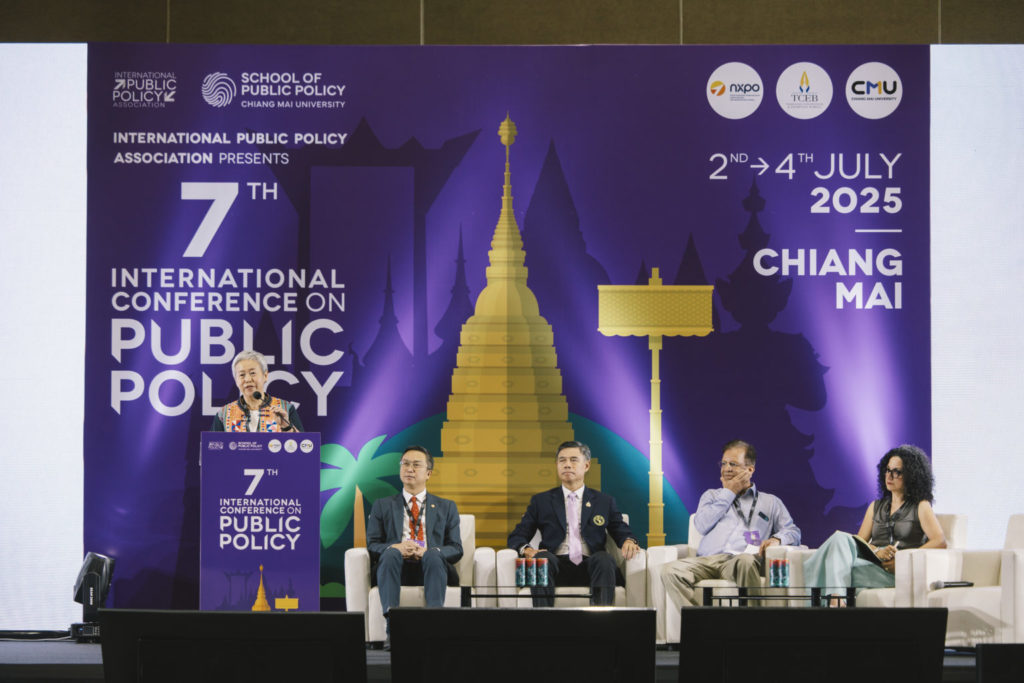
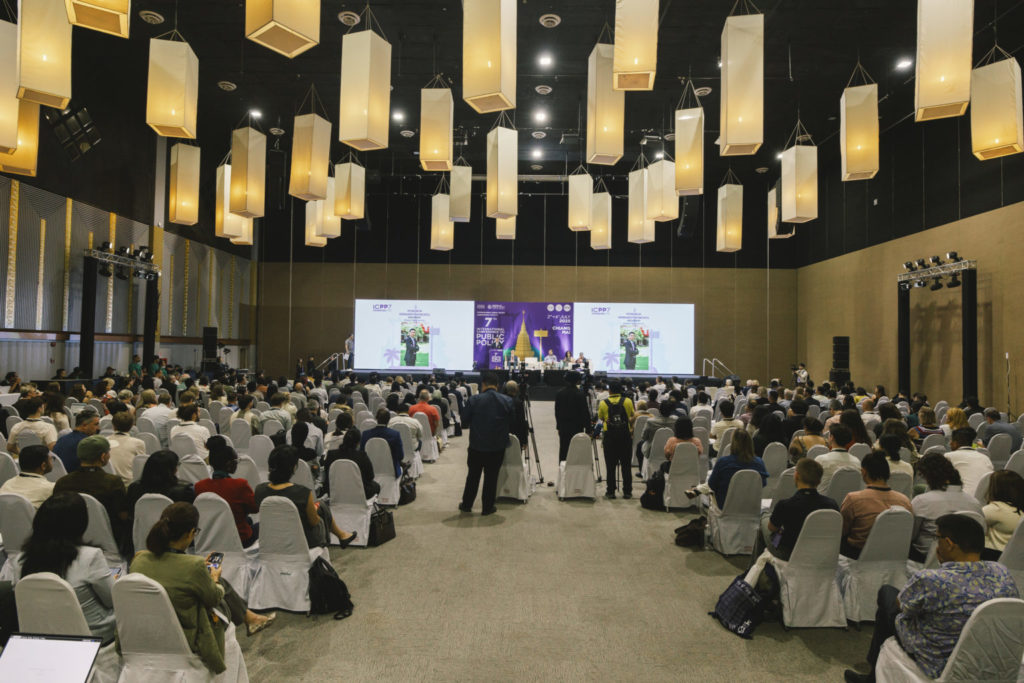
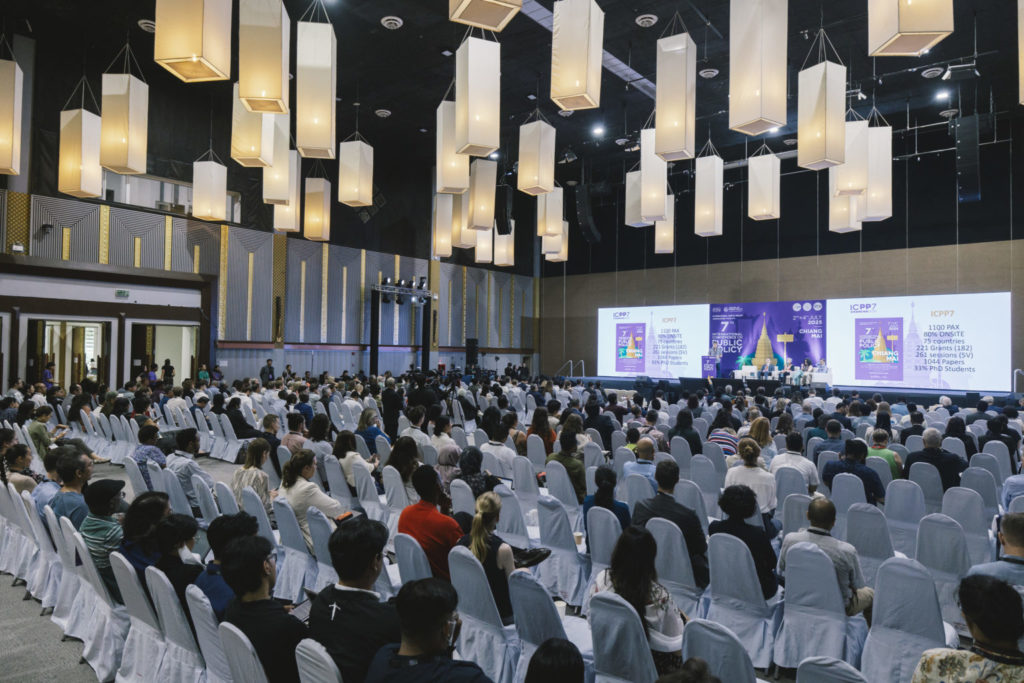
NXPO and APEC CTF’s active engagement at ICPP7 not only underscores Thailand’s growing leadership in future-oriented policy innovation but also strengthens its role in advancing strategic foresight as a core tool for public policy design. The conference served as a vital global platform for academics, researchers, and policymakers to exchange ideas, share experiences, and explore new approaches for shaping effective, sustainable public policies for the challenges of the 21st century.
